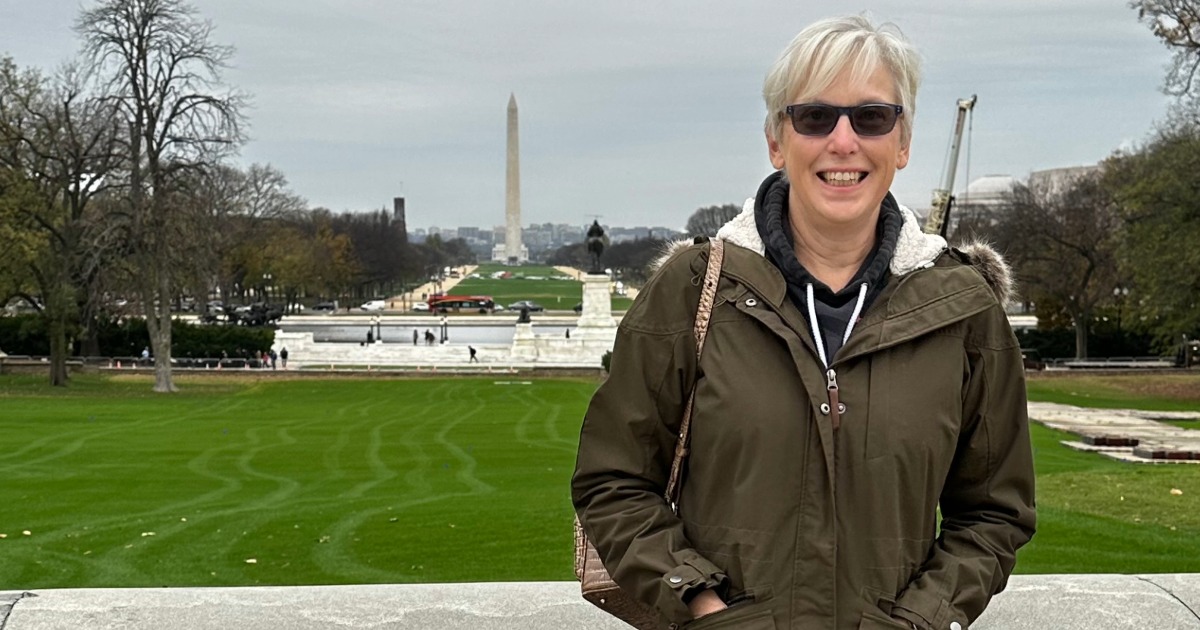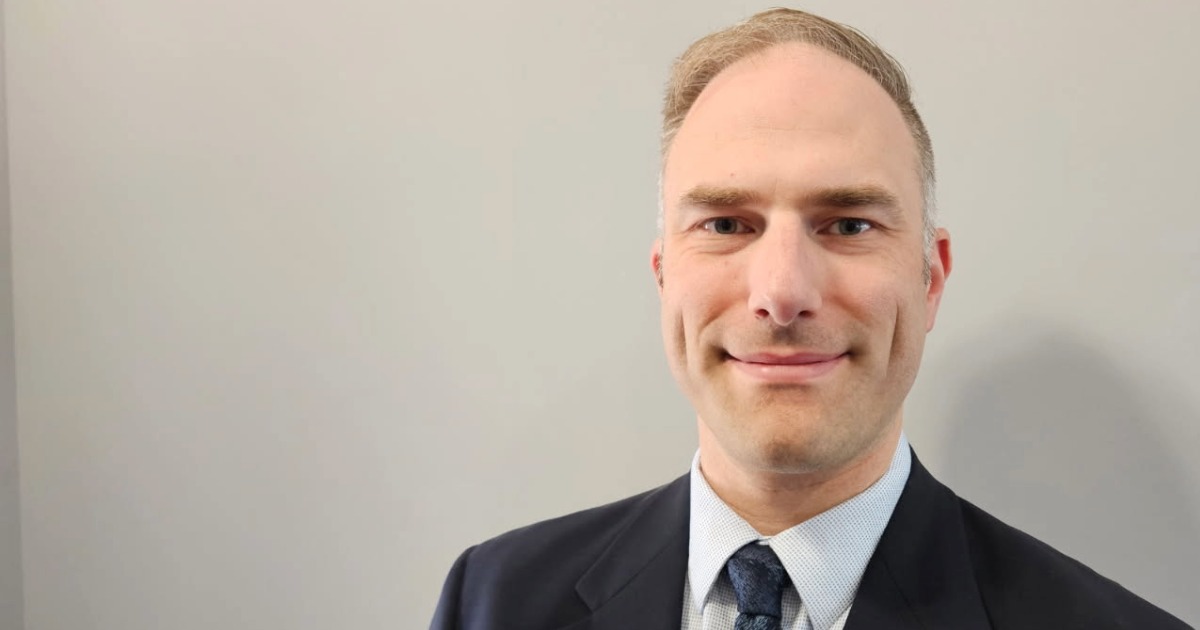Livongo Health has made a name for itself in assisting with the care of patients with diabetes. And according to its CEO, Glen Tullman, it has plenty more work to do in this field before it expands the use of its technology and services to other chronic illnesses – though the beginnings of that expansion may be coming sooner rather than later.
"We started with diabetes, but there are accompanying issues such as weight management, high blood pressure and others that we will be moving into with our platform," Tullman said. "There is a lot of work to do with diabetes. But still, out of the more than 30 million people in the U.S. with diabetes, 28 million have type 2 diabetes, and in that group, 70 percent have at least one other chronic condition. They are dealing with high blood pressure or depression or weight issues.
"So if you really want to keep them healthy and reduce healthcare costs, you have to look not just at diabetes but all of the medical issues they have," he said.
Tullman said many of Livongo's largest customers – and there are many large ones, including the likes of Humana, numerous Blues plans, Iron Mountain, Lowe's, Office Depot – have been asking the company to provide a comprehensive healthcare experience.
"They want a fully immersive experience, and we're working on that immersive experience," he said. "But I don't want to get too far ahead of ourselves, as diabetes is the largest and fastest growing chronic disease in the world.
"In 10 years, China and India will have more people with diabetes than the U.S. has people," Tullman explained. "So we have to get to all 30 million people in the U.S., then we have the rest of the world to work on, and then we can start to focus on comorbidities. But that said, we absolutely will be adding capabilities for comorbidities. You will see announcements on this front in the first quarter of 2017."
The healthcare industry is changing dramatically, which is why healthcare provider organizations and other players need technology and services like those provided by Livongo and other vendors, Tullman said.
"There is a fundamental change happening in healthcare, with four trends coming together to cause this explosive change," he explained. "One is regulatory: The government is changing its approach to healthcare. The second is the advent of new technology – things like mobile and remote patient monitoring and sensors – that is dramatically impacting the kinds of information we can access.
"The third is the business model changing from fee for service to fee for value. And the fourth and most important is the role of the consumer," he said. "We have an empowered consumer, now having more than 7 million people who their first $5,000 of healthcare spend is their own money. People unlike ever before have become healthcare consumers."
[CEO spotlight: Jonathan Bush slams meaningful use as 'incredibly dark hubris']
With that as the backdrop, Tullman said the healthcare industry has gotten rather good at things like primary care and surgery, but falls short when it comes to managing the clinical and financial components of chronic care.
"So that's where companies like Livongo and others come in," he said. "Because the industry has not been able to do this, we are seeing more partnerships between large companies like payers or service providers and small, technology-oriented startups.
"The large companies are bringing the scale and the smaller companies are bringing the innovation. We are at the beginning of a real sea change in healthcare that is being enabled by technology," said Tullman. "Look at, for instance, the chief innovation officer at Humana; he came from Citi Ventures and Target. The large healthcare companies are starting to say we have to go outside of healthcare to bring in more innovation and understanding of technology."
So, for example, Tullman said, if a medical group practice has 1,000 patients with diabetes, on any given day the caregivers do not know who to call or how to deliver care to all of these patients. "But when you know from technology that five people have very high blood sugar, you now know you need to follow up with them," he added. "And if a practice can call right when a patient has a really high or low number, it may be able to help them in a big way that impacts their health and happiness."
On the happiness note, Tullman recently wrote an article for Forbes magazine titled "People do not want to be more engaged in their healthcare." It raised some eyebrows.
"A lot of people were upset with me, but what I was really saying is when you survey people who have chronic conditions, they inevitably say they do not want to be engaged in their healthcare, they want to spend less time on their disease and more time on living life," he explained.
[CEO spotlight: American Well's Roy Schoenberg on U.S. coming out of 10-year telehealth war zone]
"Our goal is to use technology to give them more control, to let them live their lives. For example, we started with a more accurate meter, and one that connects to your care team and that can contact your caregivers and family members and our certified diabetes educators when there are issues," he said.
Ultimately, the explosively changing landscape of healthcare that Tullman describes will require, he said, heavy lifting from one very important area of the industry.
"Technology in general and mobile health in particular will be the keys to really unlocking the whole next generation of new healthcare – unlocking not just new applications but new experiences," he said. "Caregivers might see people a few times a year today, but now we have the capability to view what is going on in their bodies multiple times a day or even every minute. We can effect changes in people's health and well-being. That allows providers to jump on things before they become bigger problems."
Twitter: @SiwickiHealthIT
Email the writer: bill.siwicki@himssmedia.com


